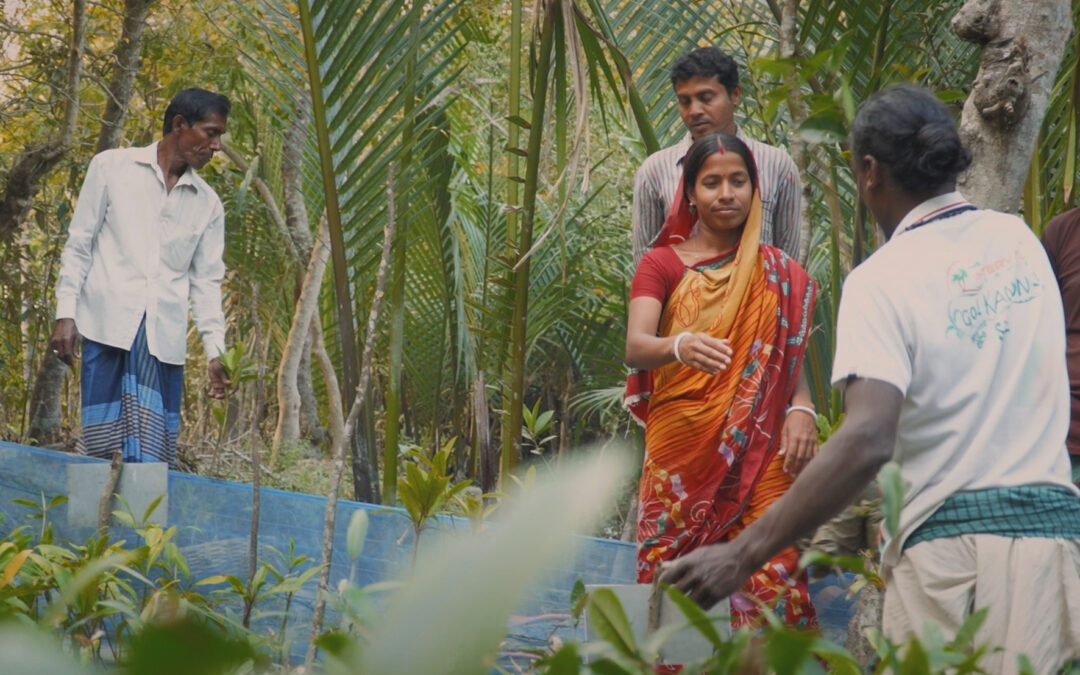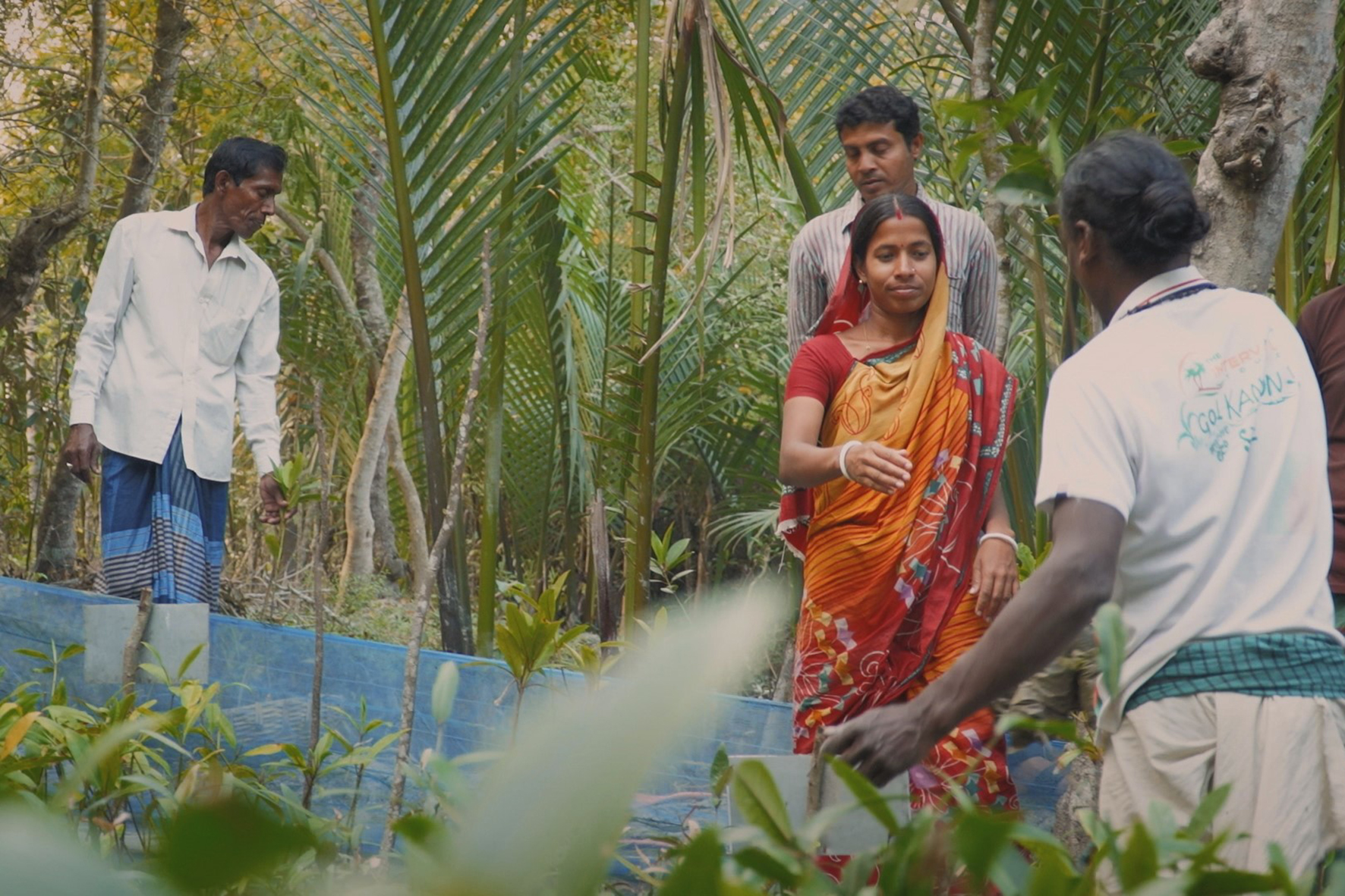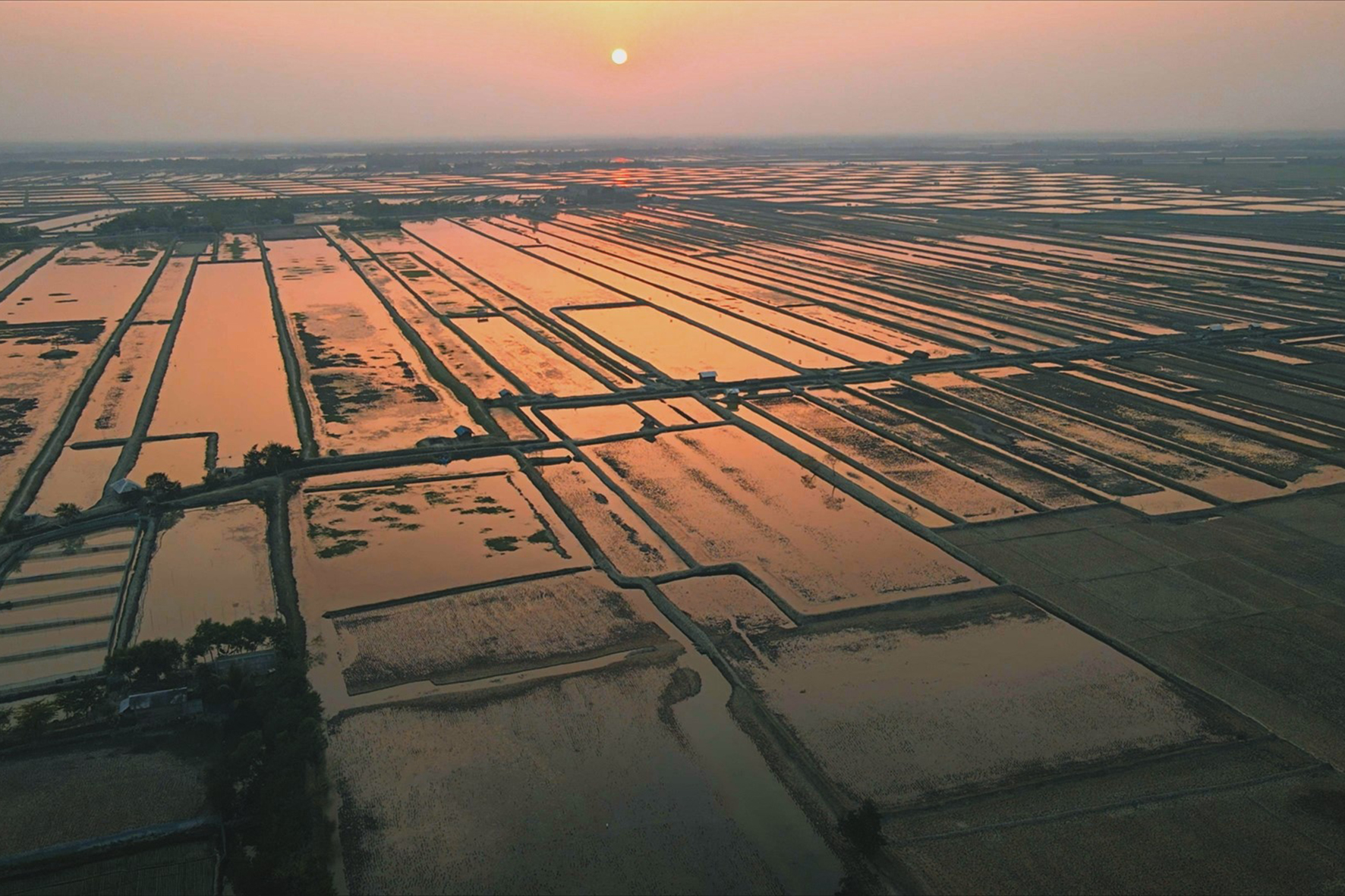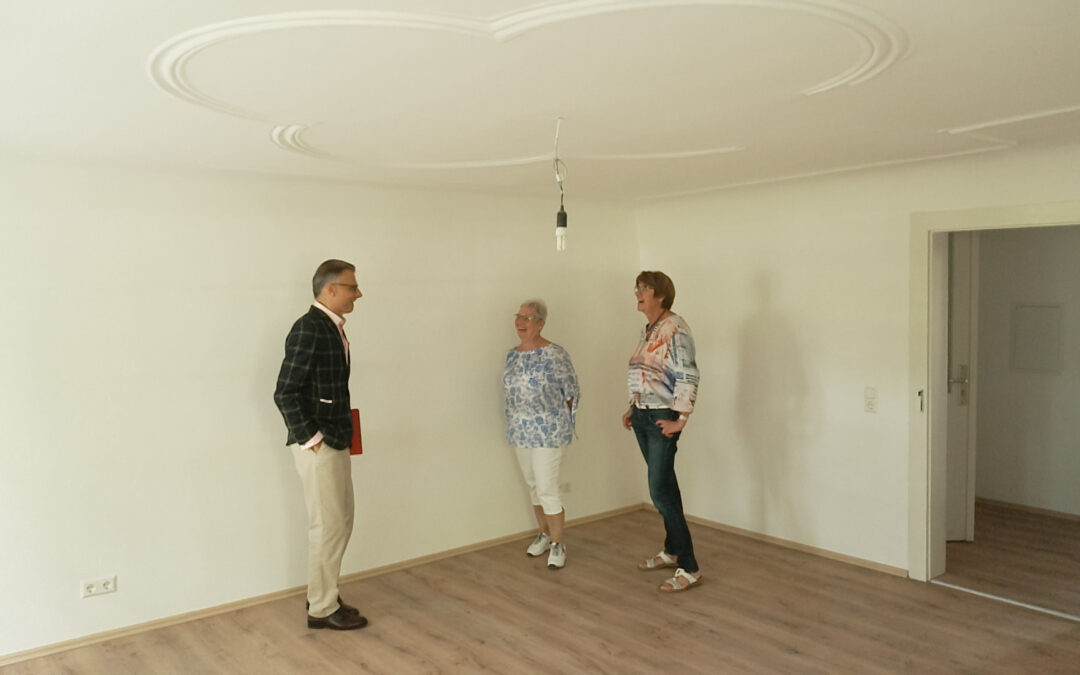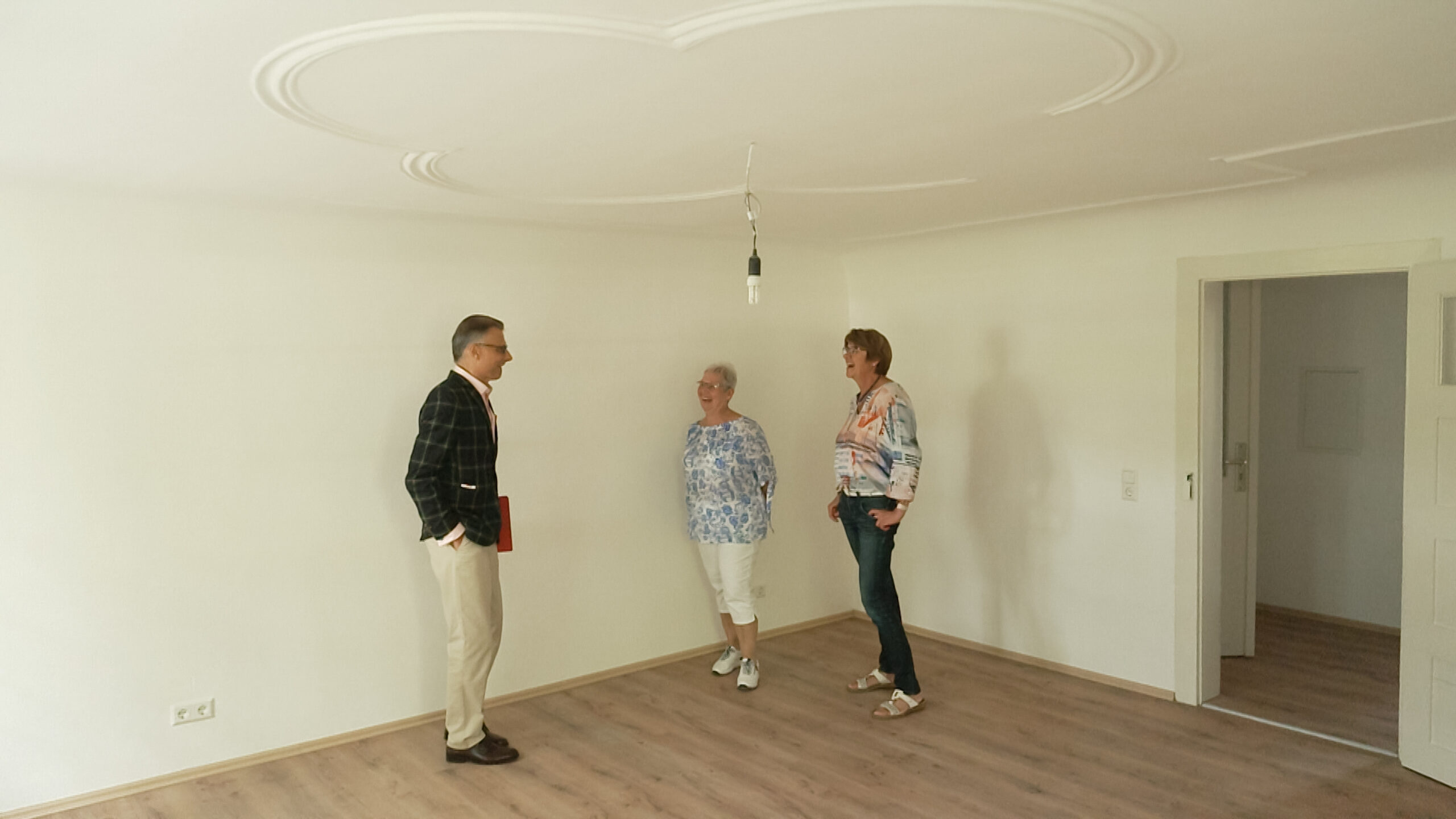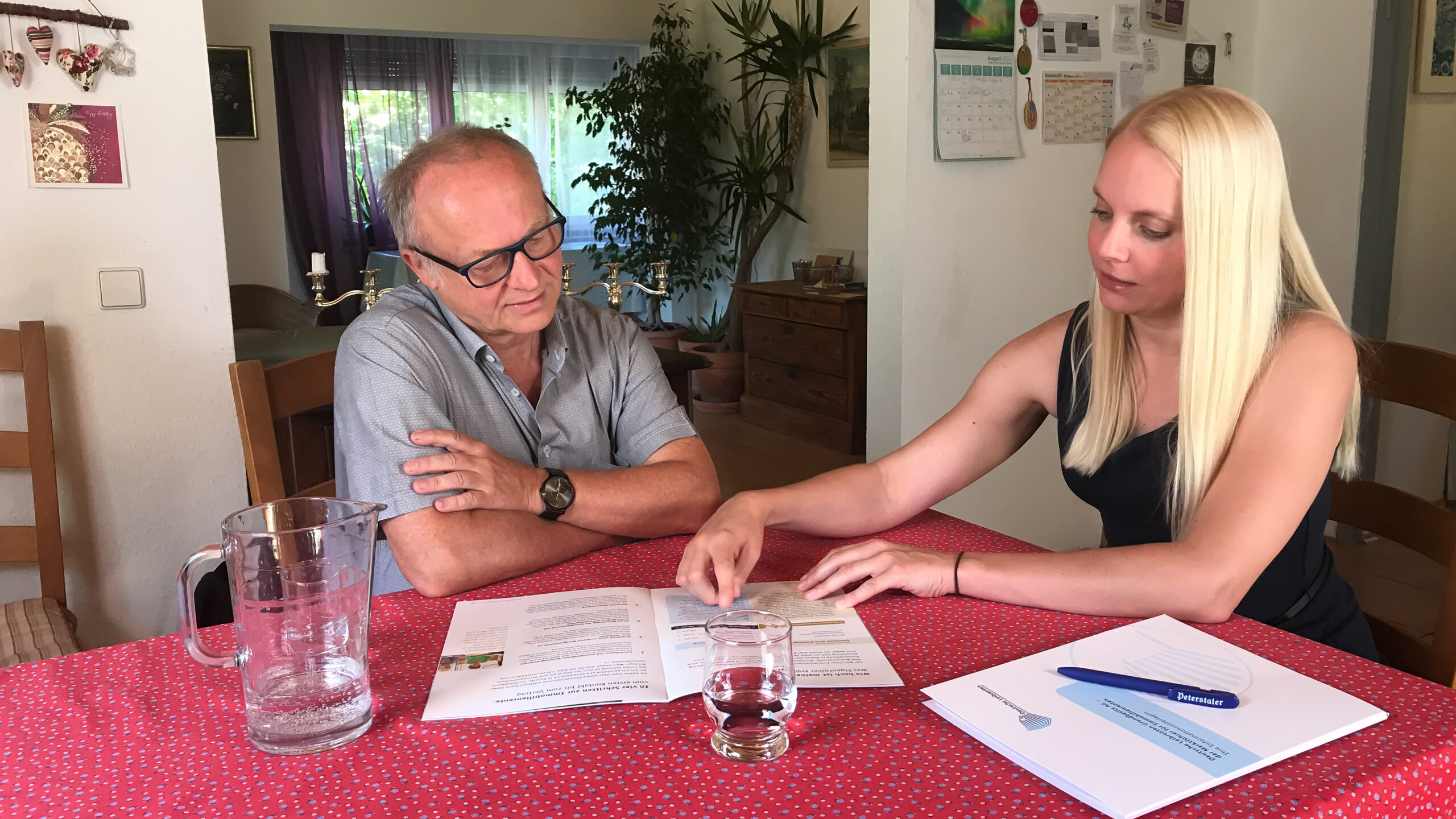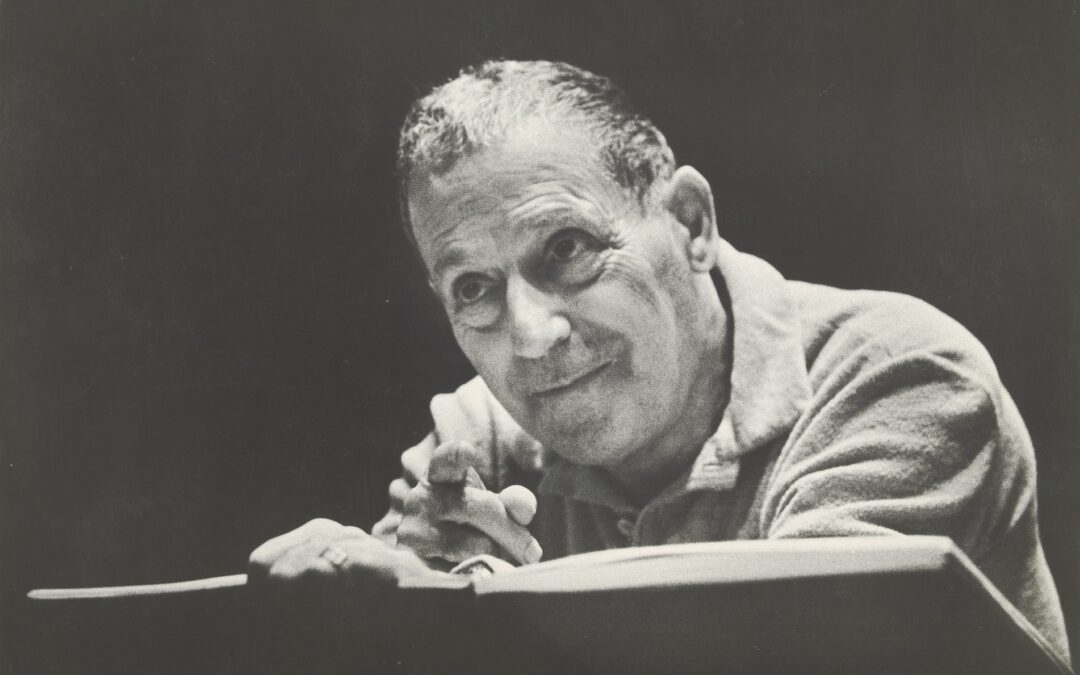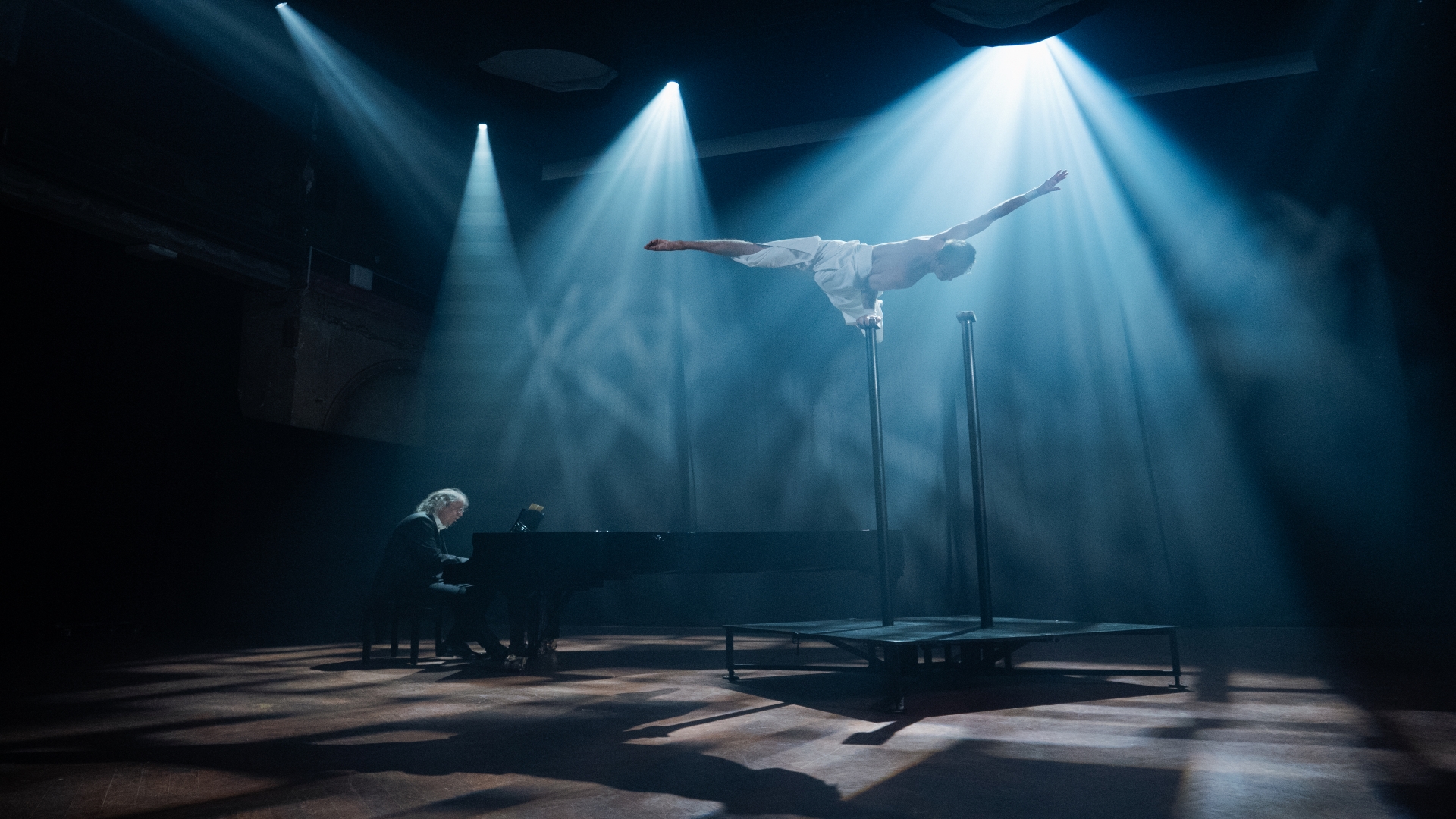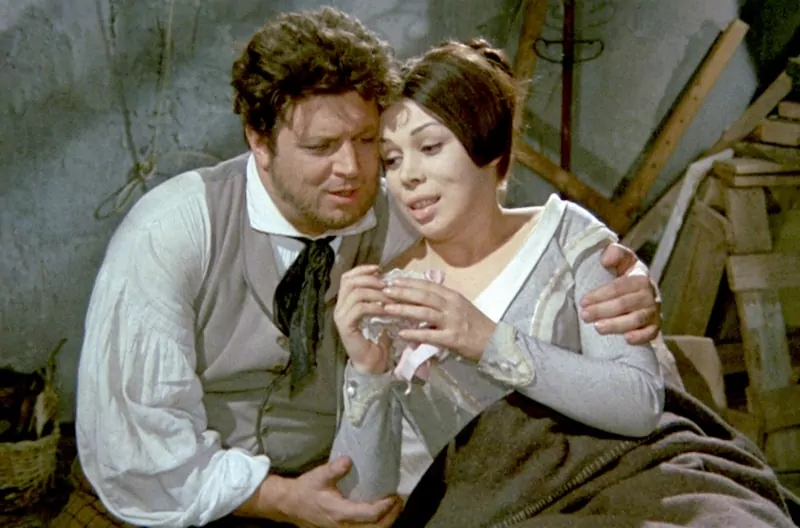
Magic Moments of Music: Franco Zeffirelli’s La Bohème
Magic Moments of Music: Franco Zeffirelli's La Bohème
A film by Anaïs Spiro, ZDF/arte und UNITEL, 43 min.This magic moment with music by Giacomo Puccini and artworks by Zeffirelli opens a window into the tender and melancholically intimate story of Mimì in bohemian Paris. The studio-made opera film was the first musical to be directed by Herbert von Karajan and was Franco Zeffirelli’s first opera film production.

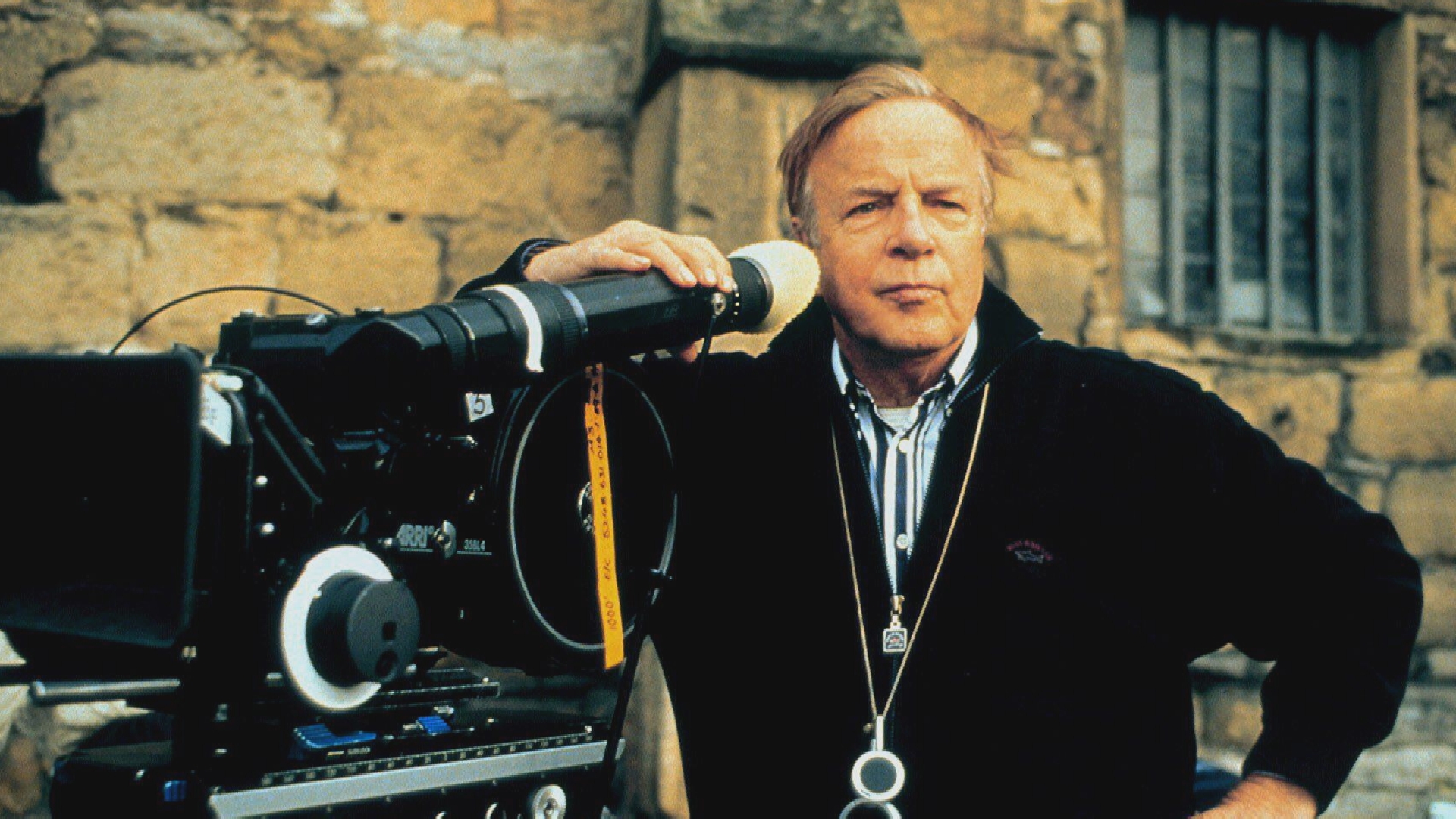
Zeffirelli’s production of La Bohème at La Scala in Milan was such a resounding success that Herbert von Karajan and Zeffirelli were compelled to turn it into an opera film. The soundtrack, featuring the choir and orchestra of the Milan Scala and the renowned ensemble of Mirella Freni, Gianni Raimondi, Rolando Panerai, Ivo Vinco, Gianni Maffeo, Adriana Martino, was recorded first. The stage was recreated in a film studio and the production was shot in Technicolor – the best film technology available at the time. The young Mirella Freni, who sang the role of Mimì for over 50 years, gained fame the world over, not least because of her natural and pure voice.
The screen adaptation of Puccini’s masterpiece of La Bohème was a bold attempt to marry the art of film with the opera stage. Zeffirelli’s staging and the film’s international success have made La Bohème one of the most-performed operas of all time. The original production has been revived again and again and is still performed today.
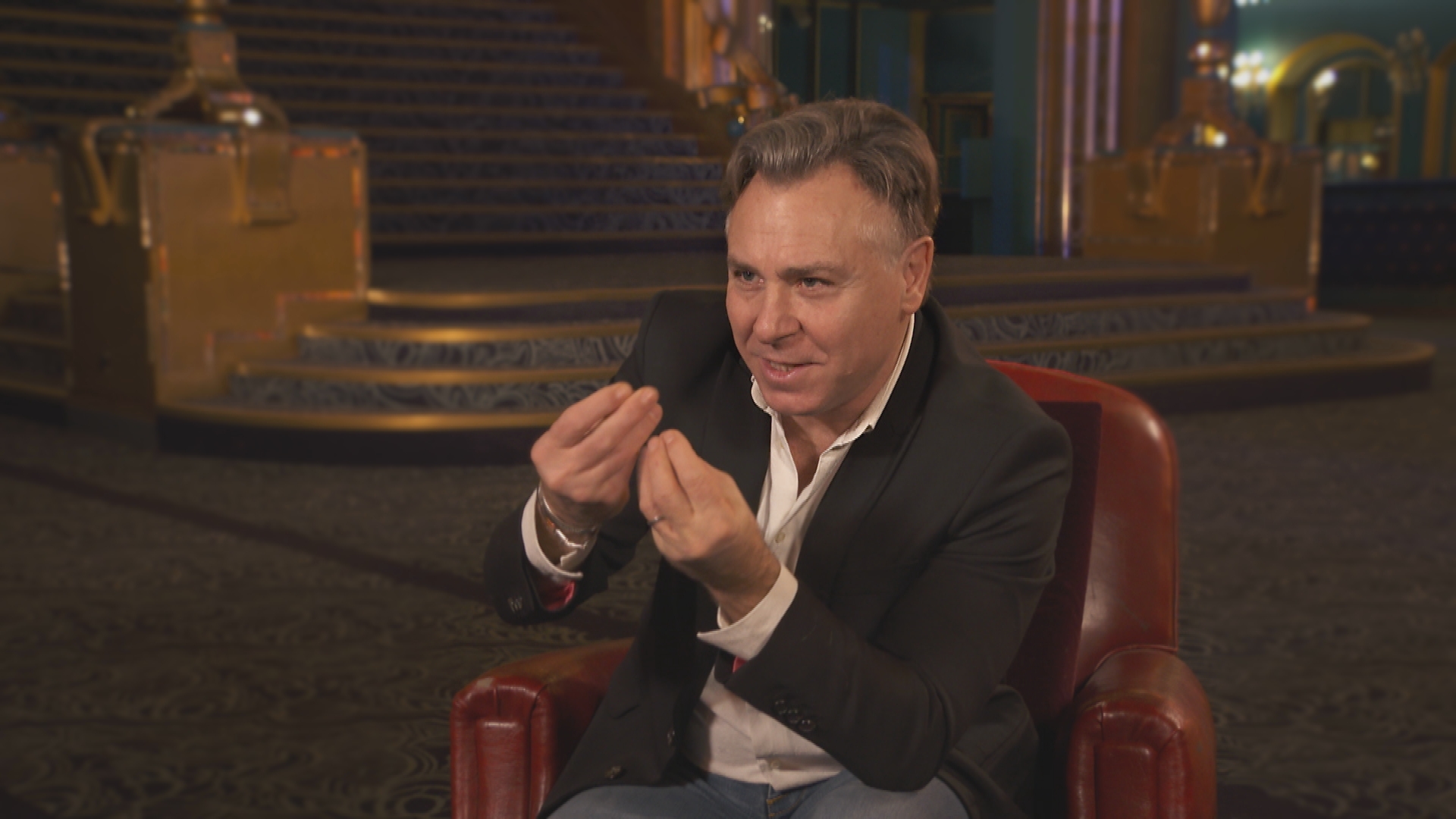
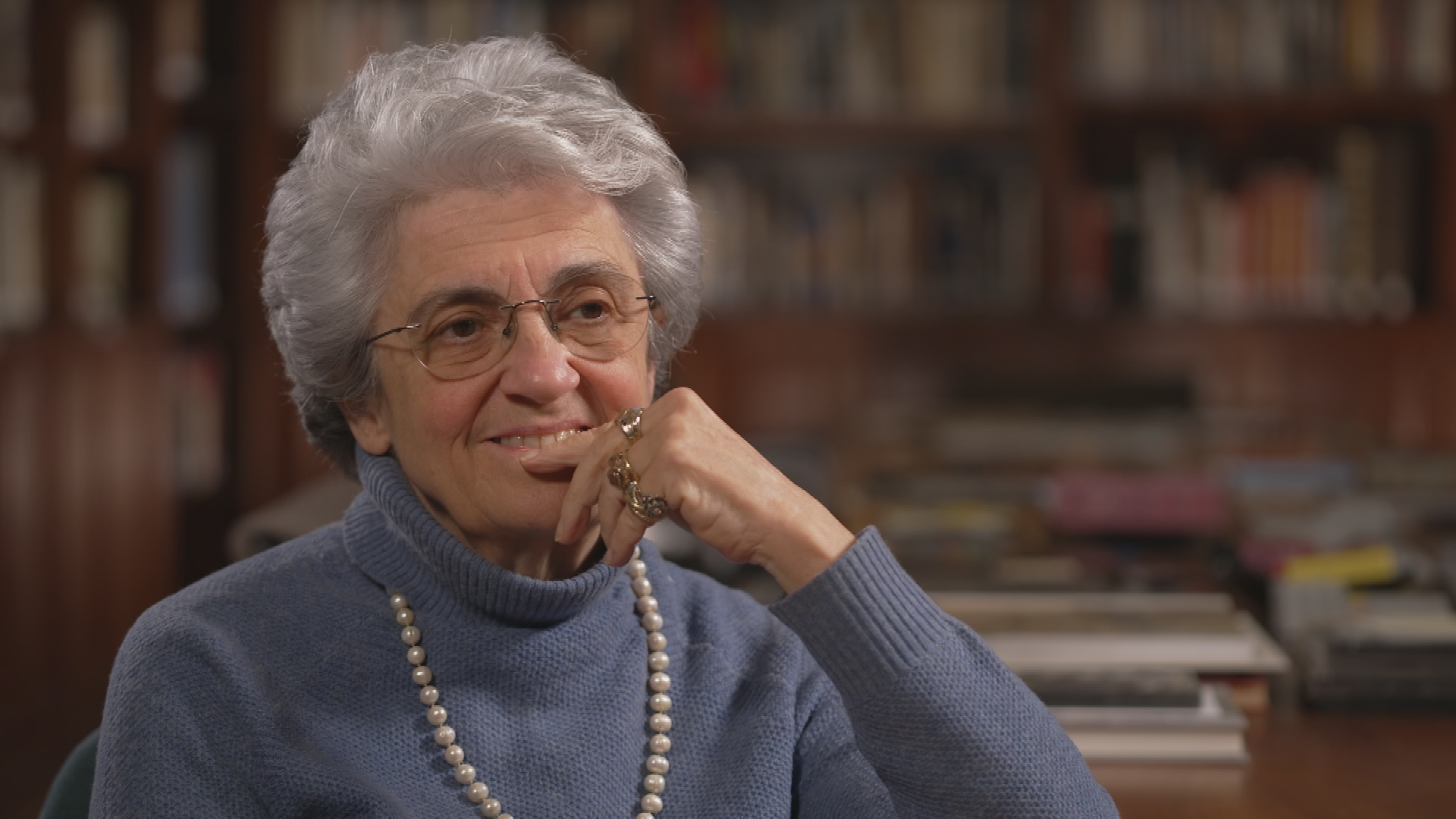
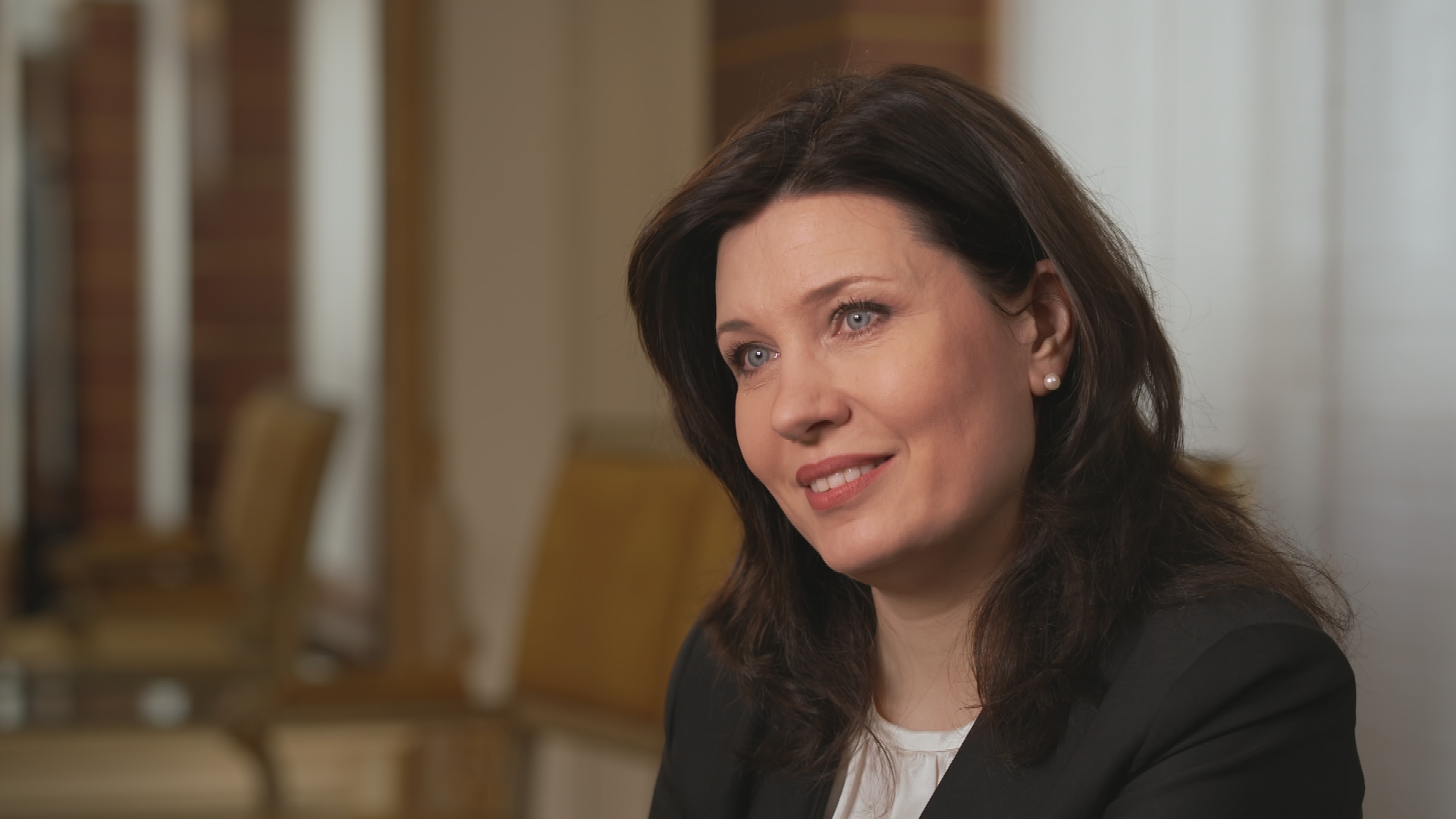
South African soprano Pretty Yende, who was a student of Mirella Freni and later sang in Franco Zeffirelli’s production of La Bohème, recounts her experiences with her mentor. As a very young tenor, Franco-Italian singer Roberto Alagna sang alongside Mirella Freni in the Zeffirelli production and is grateful to count himself among the great tenors, alongside Pavarotti and Carreras – thanks in large part to this performance of La Bohème.



